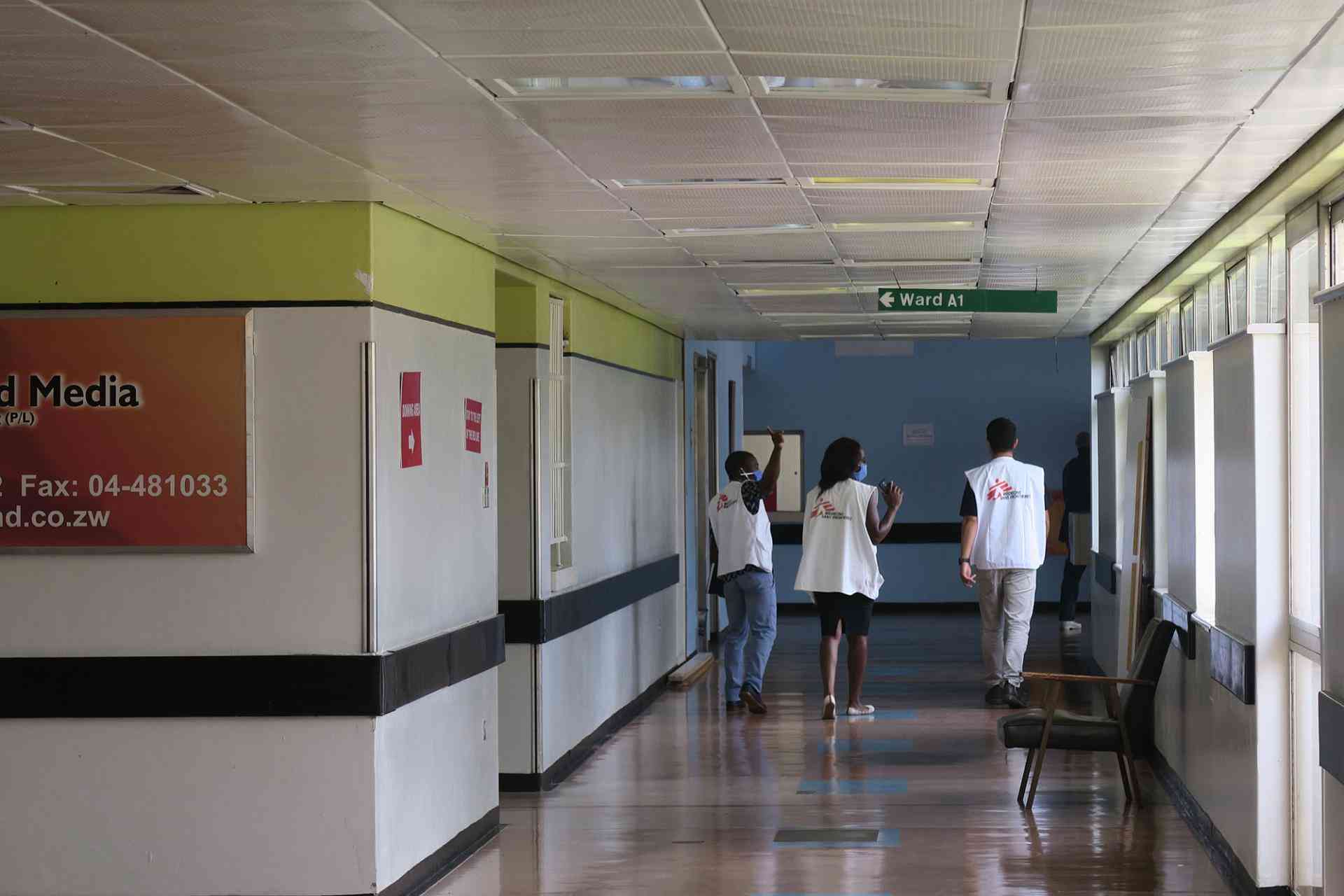
THE deaths of three prominent people in the past few weeks exposed the extent of the decay of Zimbabwe’s public health system.
The three, a prominent singer, a medical doctor and a business executive, died because there was no medical expertise to deal with their issues and there were no ambulances to ferry them to Harare from Mutare and Masvingo.
It is heart-breaking because their lives could have been saved if the public health system was functional.
The healthcare system is in intensive care unit. It has been deteriorating, compounded by exorbitant medical costs.
Many of more than 15 million Zimbabweans cannot afford healthcare and only 10% of the country’s population is on medical insurance.
In addition, the quality of the country’s education system is on a downward spiral.
German Counsellor and Deputy Head of Mission in Zimbabwe Michael Ott said a fortnight ago: “I have been here for a year in the country, unfortunately the education system in Zimbabwe has been going downwards, and I think that is a great danger because so far education is what has made Zimbabweans successful abroad”.
The poor national examination results achieved in schools in areas like Binga tell a story of an underfunded education system suffocating hugely marginalised communities.
- Beware of fake nurse aide certificates, says ZRCS
- Beware of fake nurse aide certificates, says ZRCS
- Red Cross vaccination go into overdrive
- . . .the elderly struggle to access healthcare, bare basics
Keep Reading
Zimbabwe is also grappling with poor service delivery. It is failing to address a countrywide water crisis that has plunged most cities into cholera red zones as infections rise. The water and sewer pipes are old.
In Harare, industrial waste, untreated sewer and other toxic substances are being discharged into the tributaries and streams feeding Lake Chivero.
With the national budget announcement expected at the end of this month, the country stands at a critical juncture.
The budget represents an opportunity for the government to prioritise key areas that will address challenges in social service delivery, healthcare, and education.
The government must prioritise improving the efficiency and accountability of public service delivery.
It must increase funding to the health and education sectors. Finance and Investment Promotion minister Mthuli Ncube must allocate at least 15% of the National Budget to the health sector in line with the Abuja Declaration target.
At Abuja in 2001, African Union member states signed what is now known as the Abuja Declaration, pledging to devote at least 15% of their budgets to the health sector.
It must set funds aside for maintaining and upgrading healthcare facilities, purchasing medical equipment, and retaining healthcare professionals.
The situation obtaining is unacceptable where emergency and critical cases have to be referred to Harare. Besides, the three people mentioned above, how many others have died because the healthcare system is ailing?
Thousands are dying silently in homes and public hospitals. What a tragedy. Many of the country’s districts lack functional intensive care units with modern medical equipment, specialist doctors and nurses.
How many people have to continue to die unnecessarily as a result of the deplorable public health facilities?
Sadly, the elites fly out to India, South Africa, Malaysia, Singapore and China for specialised care.
Referral hospitals are supposed to serve the public who cannot afford exorbitant fees charged by private doctors and health institutions. But they have now become death traps.
Prioritising primary healthcare, preventive measures, and community health initiatives can help reduce the burden on tertiary healthcare institutions.
On education, Ncube should provide funding to repair and upgrade educational facilities. He must provide funds for adequate learning materials, and enhance the quality of school infrastructure.
The government should create incentives for skilled professionals, particularly in the healthcare and education sectors, to remain in Zimbabwe.
To address the longstanding challenges in healthcare, education and service delivery, the government must make strategic decisions that prioritise the welfare of its citizens.
As a nation, we look to government for leadership and vision in these trying times.
What Ncube must remember is that the budget is not just a financial document, it is a reflection of the nation's commitment to the well-being and future of its people.






